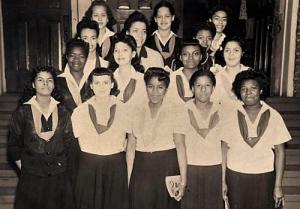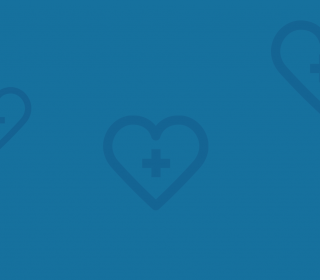Gender-Based Violence Specialized Services Toll-free call & text line 877.757.8297
Location
Hours
Contact
If you need help, call/text: 877.757.8297
Gender-Based Violence is violence against a person because of their gender and encompasses domestic violence, sexual assault, and sex trafficking. Gender-based violence can happen to anyone, regardless of race, gender, age, religion, education, class, or sexual orientation.
Services include individual assistance with safety planning and issues related to gender-based violence, as well as weekly support groups. Our advocates provide intensive, individualized services for survivors who are furthest from opportunity, particularly Black and African American women.
Children & Youth Domestic Violence Advocacy
253.368.1459
The Children’s DV program works with youth and non-abusive parents to minimize the impact of family violence and help children overcome the trauma of witnessing violence in the home.
Commercial Sexual Exploitation (CSE) Advocacy
425.866.4418
Trauma-informed care and community-based wraparound services grounded in emerging best practices for survivors of commercial sexual exploitation and trafficking.
Community Advocacy for Gender-Based Violence
206.280.9961
Free and confidential services provided by mobile advocates for survivors of gender-based violence at safe locations throughout Seattle and South King County.
Legal Services for Domestic Violence
206.743.7064
Legal advocacy for survivors with court issues related to domestic violence, including protection orders, divorce, parenting plans, employment rights, housing, and eviction.
Rapid Re-Housing
206.794.3547
Short-term housing intervention for survivors and their families to quickly transition from homelessness into stable and affordable housing options.
Support Groups for Gender-Based Violence
Weekly support groups meet at confidential locations in Seattle and South King County, with specialized groups for Black and African American women as well as Spanish-speaking women.
Sexual Assault Advocacy
206.741.9796
Providing trauma-informed care and community-based interventions, including safety planning and supportive services for survivors of sexual violence.
Survivors FIRST (Facilitating Information and Referrals for Survivors of Trauma)
206.743.7064
A unique partnership with the King County Prosecuting Attorney’s Office to provide direct services and resources for survivor-defendants who have been arrested and jailed.
Teen Peer Advocate Program (TPAP)
253.368.1459
Helps teens become peer advocates and cultivate leadership skills through training on gender roles, dating violence, and healthy relationships.


